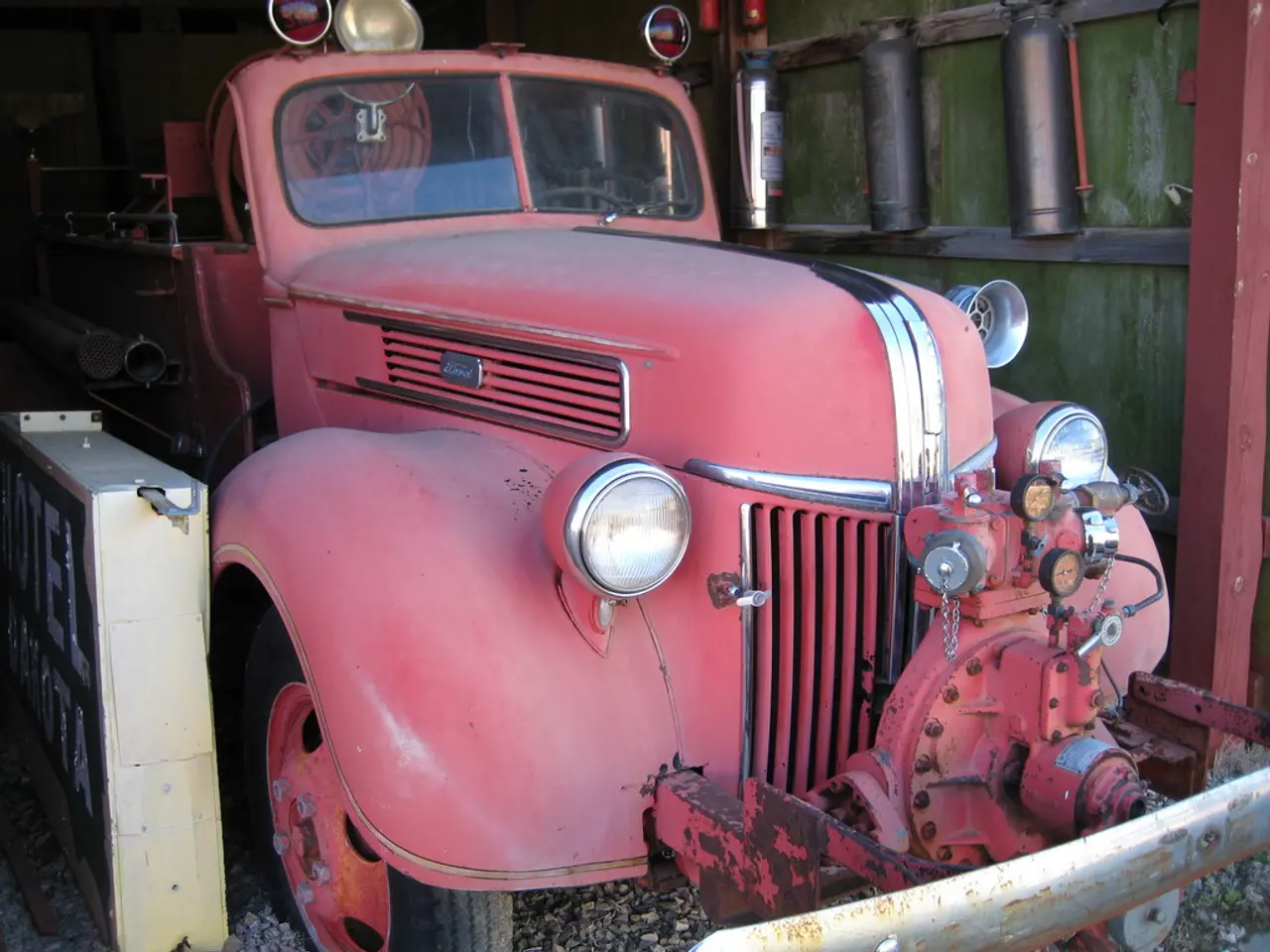Secure Your Loved Ones and Yourself Against Toxic Carbon Monoxide Exposure
Carbon monoxide (CO) is a harmful gas produced by burning fuels like gas, oil, kerosene, wood, or charcoal. This silent, odourless, and colourless gas can be deadly, and hundreds of people die each year from CO poisoning caused by malfunctioning or improperly used fuel-burning appliances.
If you're shopping for a CO detector, research features and look for UL certification. UL certification in the USA, including for CO detectors, is owned and issued by Underwriters Laboratories, an independent safety certification organization in North America. However, CO detectors are not as reliable as proper use and maintenance of fuel-burning appliances.
To avoid CO poisoning, have your fuel-burning appliances inspected by a trained professional at the beginning of every heating season. Make sure flues and chimneys are connected, in good condition, and not blocked. Choose appliances that vent their fumes to the outside whenever possible, and have them properly installed and maintained according to manufacturers' instructions.
If a CO detector alarm goes off, it's crucial to act quickly. First, ensure it's not a smoke detector. If it's a CO alarm, check for symptoms of poisoning such as severe headaches, dizziness, mental confusion, nausea, and fainting. If you or anyone else is experiencing these symptoms, get fresh air immediately, go to an emergency room, and tell the physician about your symptoms.
Do not ignore symptoms, particularly if more than one person is feeling them. CO poisoning can be mistaken for other illnesses such as the flu or food poisoning. To prevent this, do not use a gas oven to heat your home, even for a short time. Also, do not use any gasoline-powered engines (mowers, weed trimmers, snow blowers, chain saws, small engines or generators) in enclosed spaces. Similarly, do not use a charcoal grill indoors, even in a fireplace.
Fetuses, infants, elderly people, and those with anemia or heart or respiratory disease are more susceptible to CO poisoning. At high levels, CO can be deadly to humans within minutes. Low levels of CO exposure can cause shortness of breath, mild nausea, and mild headaches.
To reduce risks from CO and other combustion gases and particles, call the Consumer Product Safety Commission (1-800-638-2772) for more information. Carefully follow manufacturers' instructions for placement, use, and maintenance of a CO detector.
Remember, prevention is better than cure. By being aware of the dangers of CO and taking the necessary precautions, you can ensure a safe and healthy home for you and your loved ones.
Read also:
- Comprehensive Overview of Addressing Traumatic Brain Injuries (TBIs)
- Enhanced Health Services Provisioned by San Diego Academic Health Partnership Continues During COVID-19 and Beyond
- Vaccination drive targeting infants under 6 months old against bronchiolitis in the region of Andalucia
- Biopsy Basics: Objectives, Varieties, and Potential Hazards - Healthline Illuminated






